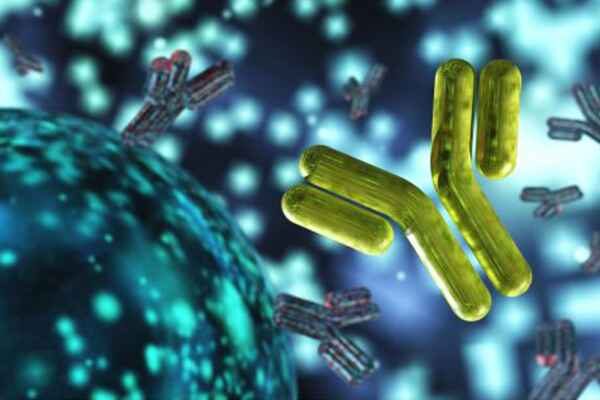Recombinant Antibody Production: The Argument Against Hybridomas
Proteos is an industry leader in the production of high-quality recombinant antibodies for drug discovery research. There are multiple methods for production of monoclonal antibodies, including hybridoma cell lines and recombinant protein technology. The following information will discuss some of the limitations of hybridoma production.
Monoclonal antibodies, which recognize a single epitope on a specific antigen, are valuable tools for pharmaceutical drug discovery and development. Traditionally, monoclonal antibodies (mAbs) have been produced through hybridoma methods. In short, an animal is immunized against the target antigen and the resulting memory B cells are fused to myeloma cells to form immortal hybrid cell lines (hybridomas). Since each hybridoma secretes a unique mAb, the cell lines must be screened to identify the optimal mAb for the experimental application. The selected mAb can be produced in vivo by injecting hybridoma cells into an animal’s peritoneal cavity and purifying the mAb from ascites. Alternatively, the mAb can be produced in vitro by growing hybridoma cells in culture and purifying the mAb from the culture supernatant.
While hybridoma technology is well-validated, it can also be time-consuming, expensive, and inconsistent. Maintaining hybridomas is laborious work, and the mAb source can be unexpectedly interrupted if the gene is mutated or lost over time. In order to test multiple mAb configurations, multiple cell lines need to be established and maintained. Moreover, the mAb yields from hybridomas can be highly variable since the preparation is dependent upon the host animal’s immune response. This inherent variability can create issues during scale-up production. Finally, both in vivo and in vitro hybridoma methods of mAb production subject multiple animals to discomfort, pain, and euthanasia.
Next month’s blog post will focus on the benefits of recombinant monoclonal antibody production. But, if you don’t want to wait, contact us now for more information. We will guide you through recombinant protein production and design a custom quotation that fits your specific project needs.


